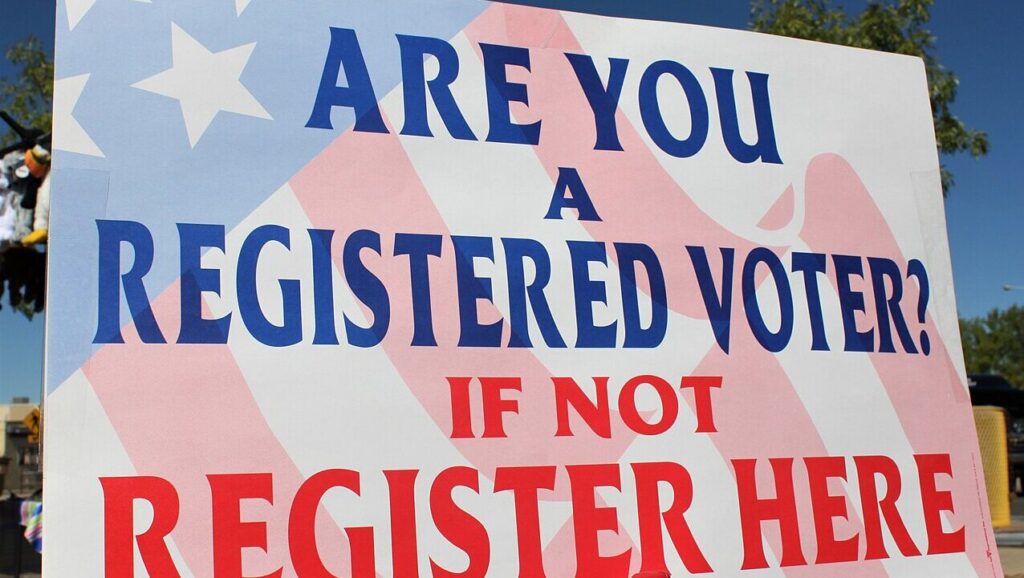Texas says 2,724 potential noncitizens appear on voter rolls after SAVE check
There are more than 2,700 “potential noncitizens” on Texas’ voter rolls, according to Texas Secretary of State Jane Nelson. Nelson announced Monday that her office compared the state’s voter registration list against citizenship data in the U.S. Citizenship and Immigration Services’ SAVE database and discovered 2,724 potential noncitizens who are registered to vote.
The SAVE system is the federal tool used by agencies to verify immigration and citizenship information when necessary. It’s not a perfect mirror of voter records, but it’s the federal resource states can use to check status against official immigration files.
When an official calls someone a “potential noncitizen” that label flags a match that needs review rather than proving wrongdoing. Matches can come from name similarities, old records, or data entry errors, so officials typically treat findings as leads that require follow-up.
From a Republican perspective, finding these matches is exactly why routine checks matter and why voter-roll maintenance should be routine. Clean rolls protect legitimate votes by removing confusion and preventing bad actors from finding loopholes, and this discovery gives an opportunity to tighten up processes.
Practical next steps after a SAVE match often involve notifying the local election officials and the individual voter to verify their status. Counties may review documentation, correct entries, or present the person with a chance to confirm their citizenship before any removal takes place.
Due process matters in these situations, and the government should not disenfranchise lawful voters based on machine matches alone. Verifications, hearings, and clear notices are part of the legal safeguards that prevent mistakes from becoming permanent errors on the rolls.
Data matching across state and federal systems can be messy, especially with common surnames, missing middle names, or variations in how birthdates and documents are recorded. That is why “potential” is the operative word and why officials must separate true problems from statistical noise.
Opponents will likely question methodology and stress the risk of false positives, and that debate is expected. Republicans can respond by saying transparency and independent audits should go hand in hand with any effort to ensure accuracy on the rolls.
This kind of check also highlights gaps in recordkeeping that states can fix, like standardizing entries and improving how counties update registrations after naturalization or other status changes. Better data practices make elections simpler and more secure for everyone involved.
Officials who handle the list will now need to balance speed with accuracy, moving deliberately to confirm whether each of those 2,724 entries represents a genuine citizenship mismatch. The verification process will determine whether entries are corrected, preserved, or removed under the law.
What matters next is that verification proceeds openly and by the book so families and voters get fair treatment while election officials restore confidence in the system. The discovery of these matches is a prompt for better record hygiene and clearer rules that protect election integrity going forward.



